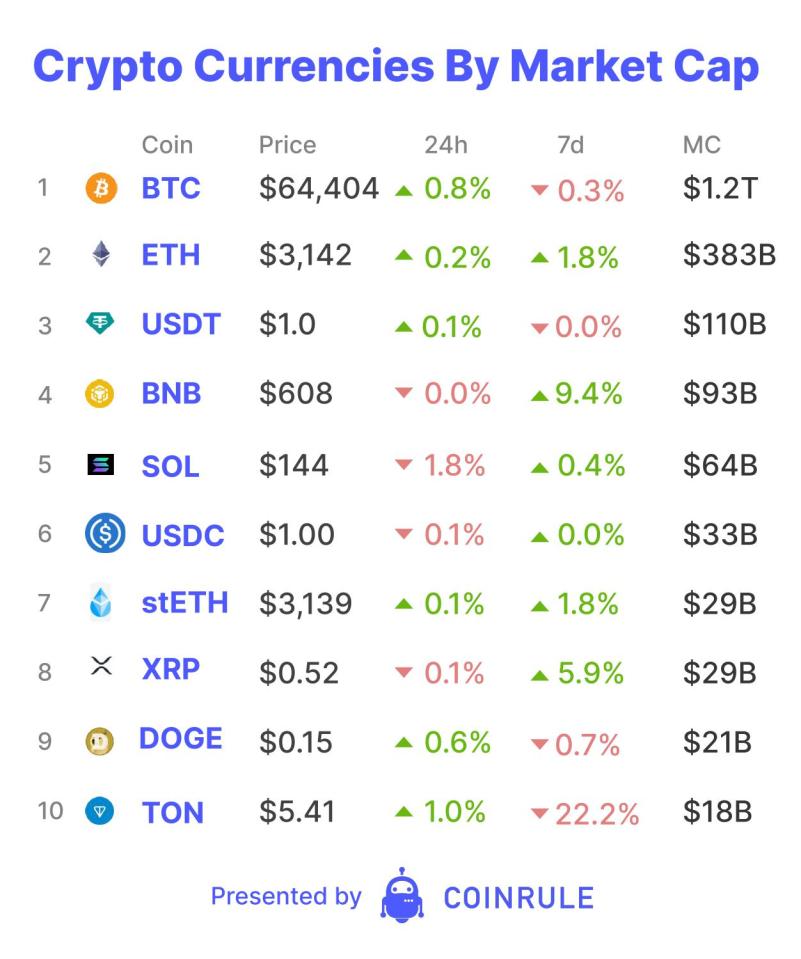Stablecoins are starting to win the payments use case

Each day, Coinrule will run through the state of the digital assets market for Blockbeat, your home for news, analysis, opinion and commentary on blockchain and digital assets.
After a 6-year break, Stripe, the payment giant, announced that it is re-introducing Crypto payments. This time it will not be Bitcoin, a clunky payment channel at best, but USDC, the stablecoin. It will be running on Solana and Ethereum rails and instantly convert to Fiat.
Stripe’s announcement comes amidst a boom for stablecoins. PayPal recently launched its own stablecoin, PYUSD. Meanwhile, eCommerce giant Shopify allows its merchants to take stablecoin payments. Deel, the global HR platform, allows companies to pay employees worldwide in stablecoins.

According to data released by VISA, annual stablecoin volume has gone from 0 to near parity with VISA in 6 years. The range of use-cases for stablecoins is significant. For Stripe, they serve as a settlement layer that allows customers to pay for services cheaply and quickly. Consumers choose payments in stablecoins because they prefer to hold dollars rather than local currency. Companies are also launching services that give USDC holders access to US Treasury yields.
This should be welcome news to the US government. But under the mantle of consumer protection, politicians worry about anything they cannot control. Congress is working on stablecoin legislation. If done right, this could further accelerate adoption. This would be a win for consumers and proof that Blockchain rails can indeed power a new financial system. On the other hand, bad legislation would delay the inevitable victory of superior technology.